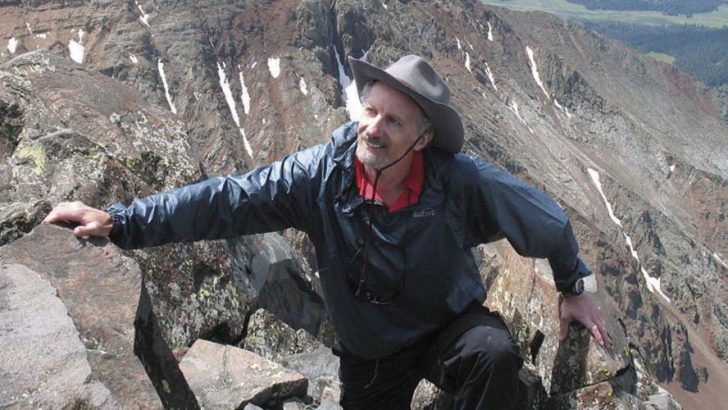Where the Light Fell: A Memoir by Philip Yancey (Hodder and Stoughton, £12.50/£10.99)
Considering how influential they are, the forms of faith in the United States are very important, even when not to the taste of Europeans. The tropes of the Episcopalians, the bare style of the Congregationalists, these would be familiar, with echoes of England, Wales and Scotland. But the Baptist Churches in the form they take in the Southern, once slave-owning, states are quite unfamiliar. In its various manifestations it goes to the heart of Southern and Black cultures, the great conflicted grounds of recent times.
Those who wish to understand the effect, good, bad and indifferent of American religion on American society will learn a lot from this heart-seizing book.
Today Philip Yancey is a famous author of 25 books, with some 17 million in print in many languages around the world. But he was brought up in Alabama for a good part of his childhood. He was reared in the Baptist way, but managed to escape from it by moving north, by educating himself into a more humane form of faith, closer he believes to what is actually taught by Jesus in the New Testament, and became the man he is today.

“My writing career began fifty years ago, and I have been contemplating the book ever since. I had read fine memoirs about growing up Orthodox Jewish, or Jehovah’s Witness, or Irish Catholic, but none that fully captured the peculiar subculture of my own Southern fundamentalism.”
He had seen it all. He had seen the Klan in action, in a lingering era of burning crosses and murders. He had encountered preachers from Billy Graham up to Jerry Falwell. He has, like all of us, experienced “the more recent anomaly of evangelicals’ support for Donald Trump”. He calls himself “a born racist”; but when he went to live in Philadelphia, he found that Irish dominated northern city just as racist then as the Old South was.
It seemed time to put the past down on paper. It was time to explain, he says, “how I came to love God out of gratitude, not fear”.
Many of his readers will be glad he did, though in parts this is a grim story, relieved by nature, music and literature – and it has to be said the love of good woman. He learned not through prescription, but he says the direct experience of Jesus in his life. Through these dona bona, or good gifts he re-joined the human race.
The title too comes from a passage in St Augustine describing his pre-conversion years: “I had my back toward the light, and my face towards the things on which the light falls.”
In Yancey’s case the light fell on a grim panorama of life, dominated by his elder brother, and his mother. The one, multitalented, who fell apart and almost destroyed himself; the other who rejected in a strange way her own children, making one feel rejected, the other accursed.
Their father died very young and this marked them off. But it was only when he was in his 20s, thinking of marrying, that Philip learned by accident from an old cutting that fell out of a book, that his father died because his wife, Yancey’s mother, took him away from hospital and the iron lung that kept him alive, claiming that faith alone would cure him. Her action blasted the family ever after, leading for a time to them having to live in a trailer caravan, while she taught groups about biblical love.
One way and another it is a fear-filled story. But an important one. Whatever it may mean for Americans, for European readers it will reveal aspects of the culture and life of the United States that go a very long way to explaining the rise of Donald Trump, even though Mr Trump believes in nothing except his absolute right to control, a male version of Philip Yancey’s mother.
This is a must be read book; but it is not one to be enjoyed in any conventional way. It is a dispatch from the borders of perdition. But also a healing epistle of faith. For it all turned around, as recounted in the fifth and final part, which is entitled “Graced”, for Christians the ultimate dona bona. This part will lift the heart of every reader, for Yancey recounts exactly how Jesus entered into his life, how he feels that Jesus saved him.


 Peter Costello
Peter Costello Author Philip Yancey.
Author Philip Yancey. 